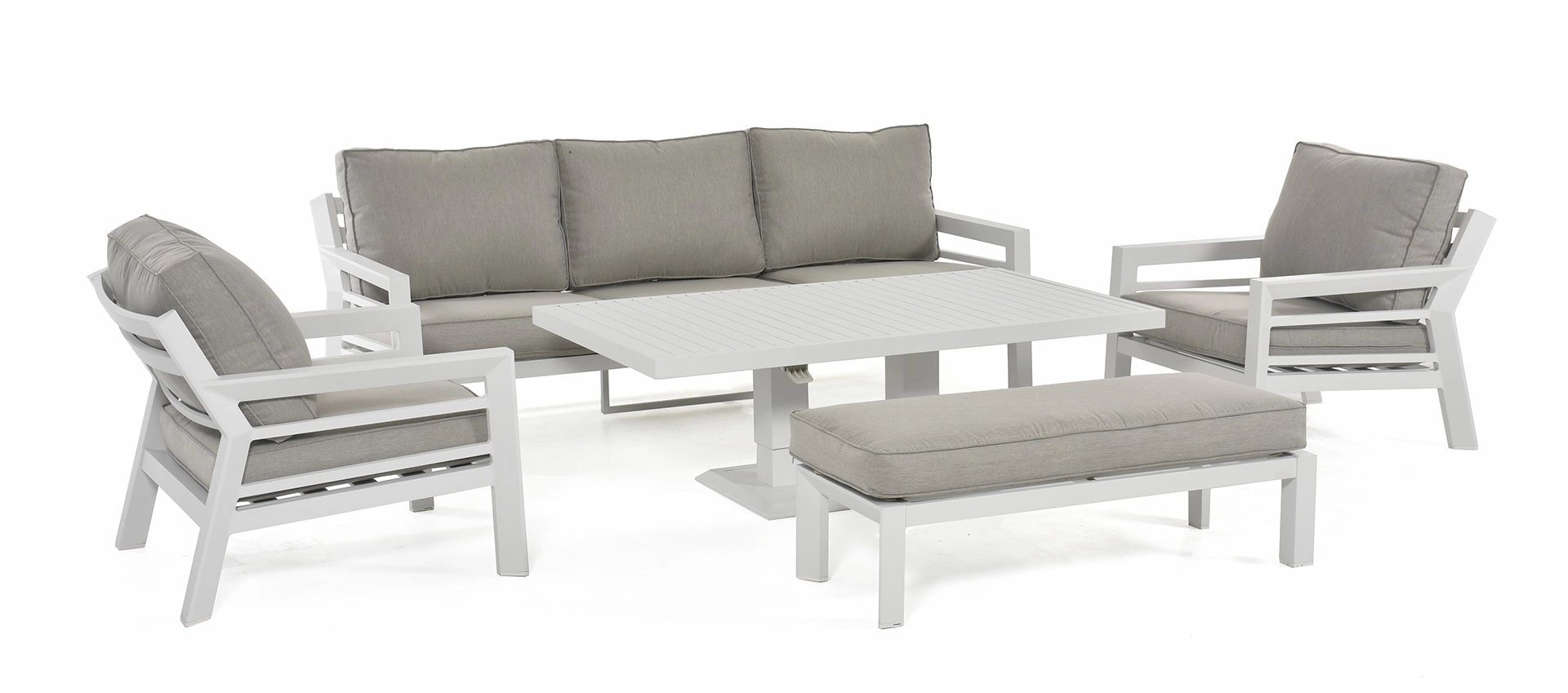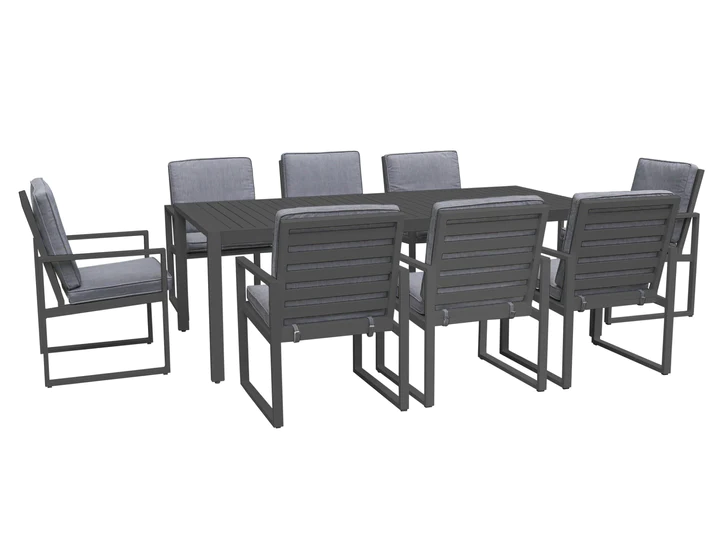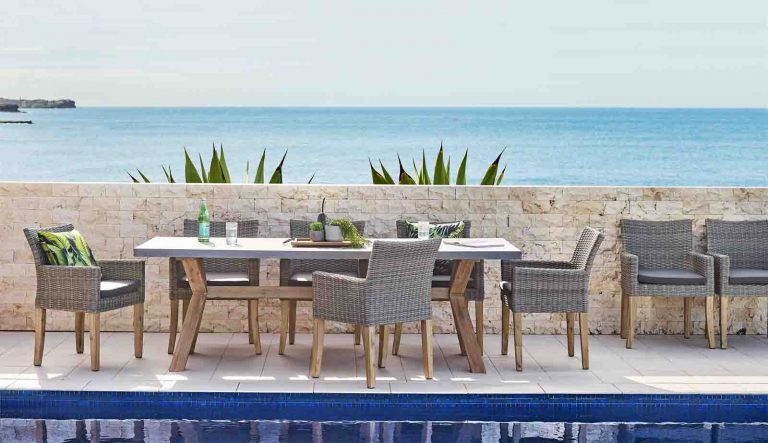Product Description
Product Description
Product Category: CHINAMFG Profile Workbench
This aluminum profile operating table is assembled with aluminum profiles and related connectors. The suitable material sheet can be selected according to customer requirements, which is safe, stable, and beautiful.
Factory picture
Manufacturing Equipment
Production Line
Packing & Shipping
What is Aluminium Extrusion?
Extrusion is the introduction of a heated aluminium ingot into a container and forcing it at high pressure through the profiled opening of a die which corresponds to the cross-section of the extrusion.
Why Aluminium Extrusion?
More and more people are realizing the benefits that aluminium extrusion can offer: The unique properties of aluminium in combination with the virtually unlimited opportunities the aluminium extrusion process gives to adapt product shape to innovate, reduce cost and maximize efficiency. From automotive to architecture, furniture to facades, lifts to lighting, the use of aluminium extrusions is extensive and new applications are being discovered every day.
Besides, the cost of aluminium extrusion is significantly lower than other processes, such as casting or forming and other extrusion processes such as plastic. Costs vary depending on the size, type, and complexity of extrusion.
In addition, the low density of aluminium results in a lightweight profile compared to other materials, which is easy to handle down the supply chain, as well as being cheaper and more environmentally friendly to transport.
How to change the design into a real product?
CAD drawings evaluation as per extrusion natures-
CAD drawings finalized-
Tooling drawings approved and 100% prepayment for tooling fee-
Tooling development-
Extrusion-
Off-tool samples for approval-
30% Prepayment for bulk production-
Bulk production-
Balance payment-
Delivery
Our Advantages
1. Technician team: over 30 years of experience in Aluminium extrusion for industrial application.
2. Rich source of Aluminium ingot locally.
3. Export staff embodied with fluent English communication skills, good knowledge in aluminium extrusion industries, and exports. Stable and reliable to help to sort out all problems.
4. Wide range of Aluminium alloy materials available.
5. Undertake any quality problems unconditionally.
FAQ
Q1: Any MOQ required?
A: We accept any quantity you may need. But there will be a set-up charge for small orders.
Q2: What is the lead time for tooling and off-tool samples?
A: For small tooling (External size less than 229mm), it takes about 10-15 days for tooling and about 5 days for off-tool samples preparing.
Q3: How about the payment terms?
A: For tooling, 100% prepayment by TT bank; for bulk production, 30% prepayment by TT bank, and balance against delivery.
Q4: Will you send videos or pictures in the processing?
A: Yes, we will keep you updated about the status here by sending videos or pictures.
You can start with a small trial. Just send me your drawings!
Look CHINAMFG to hearing from you.
| After-sales Service: | After Sales Guaranteed |
|---|---|
| Warranty: | 12 Months |
| Type: | Window & Door Aluminium Profile, Industrial Aluminium Profile |
| Shape: | Customized |
| Grade: | 6000 Series |
| Temper: | T3-T8 |
| Customization: |
Available
|
|
|---|

Are there eco-friendly or sustainable options for aluminum table production?
Yes, there are eco-friendly and sustainable options for aluminum table production. Here is a detailed explanation:
1. Recycled Aluminum: One of the most sustainable options for aluminum table production is using recycled aluminum. Recycled aluminum is obtained from post-consumer or post-industrial sources and can be melted down and reprocessed to create new aluminum products, including tables. Using recycled aluminum reduces the need for extracting and refining raw materials, conserves energy, and helps minimize waste. Additionally, recycled aluminum maintains the same quality and properties as virgin aluminum, making it a viable and environmentally friendly option for table production.
2. Energy-Efficient Manufacturing: Another aspect of eco-friendly aluminum table production is employing energy-efficient manufacturing processes. Aluminum manufacturers can implement energy-saving technologies, such as using renewable energy sources or optimizing production lines to reduce energy consumption. By minimizing energy use during the manufacturing process, the carbon footprint associated with aluminum table production can be significantly reduced, contributing to overall sustainability efforts.
3. Low Emissions: Sustainable aluminum table production also involves minimizing greenhouse gas emissions. Aluminum manufacturers can adopt practices that reduce or eliminate the release of harmful emissions into the atmosphere. This can be achieved through the use of advanced filtration systems, the proper treatment of waste gases, and the implementation of emission control technologies. By focusing on reducing emissions, the environmental impact of aluminum table production can be mitigated.
4. Water Conservation: Conserving water is another important aspect of eco-friendly aluminum table production. Manufacturers can implement water recycling and reuse systems, as well as employ water-efficient processes to minimize water consumption during production. Additionally, responsible wastewater management practices can be implemented to ensure that any water discharged from the manufacturing process is properly treated to minimize environmental impact.
5. Life Cycle Assessment: Conducting a life cycle assessment (LCA) is a valuable tool for evaluating the environmental impact of aluminum table production. An LCA considers the entire life cycle of a product, from raw material extraction to manufacturing, use, and end-of-life disposal or recycling. By analyzing the various stages of production and identifying areas for improvement, manufacturers can make informed decisions to minimize the environmental footprint of aluminum tables throughout their life cycle.
6. Certifications and Standards: Various certifications and standards exist to recognize and promote sustainable practices in aluminum production. For example, the Aluminum Stewardship Initiative (ASI) provides a certification program that ensures responsible production, sourcing, and stewardship of aluminum. By choosing aluminum tables from manufacturers with recognized certifications or adherence to sustainable standards, consumers can support environmentally conscious production practices.
7. End-of-Life Recycling: Considering the end-of-life phase is crucial for sustainable aluminum table production. Aluminum is highly recyclable, and at the end of their life cycle, aluminum tables can be recycled to produce new aluminum products. Recycling aluminum requires significantly less energy compared to primary production, resulting in reduced energy consumption and greenhouse gas emissions. Encouraging proper recycling and creating infrastructure to facilitate the recycling of aluminum tables promotes a closed-loop system and minimizes waste.
By incorporating these eco-friendly and sustainable practices, aluminum table production can align with environmental goals and contribute to a more sustainable future. Consumers can support these efforts by choosing aluminum tables that are produced using recycled aluminum, manufactured with energy-efficient processes, and certified by recognized sustainability standards.

How can I secure aluminum tables to prevent them from tipping over in windy conditions?
When it comes to securing aluminum tables to prevent them from tipping over in windy conditions, there are several measures you can take. Here is a detailed explanation:
1. Table Weight and Stability: Choose aluminum tables that are designed with stability in mind. Look for tables with a sturdy construction and a wide base or legs that provide a solid foundation. Heavier tables are generally more resistant to tipping over in windy conditions, so consider selecting tables with a sufficient weight to withstand outdoor gusts. Tables with a lower center of gravity can also offer increased stability.
2. Positioning: Properly positioning the aluminum table can help minimize the risk of tipping over in windy conditions. Place the table in a sheltered area, such as against a wall or under a canopy, where it is less exposed to direct wind. If possible, position the table in a location where it can be shielded by surrounding structures or landscaping features, such as hedges or fences, to reduce the impact of wind.
3. Secure to the Ground: One effective way to secure aluminum tables is by anchoring them to the ground. Depending on the type of surface, there are different methods you can use:
- For grass or soil surfaces, you can use ground stakes or anchors specifically designed for outdoor furniture. These stakes or anchors are driven into the ground next to the table legs and provide additional stability.
- For concrete or paved surfaces, you can use table clamps or brackets that attach the table legs to the ground. These clamps or brackets can be secured using screws or bolts, preventing the table from tipping over.
4. Use Sandbags or Weights: Another option to enhance stability is to use sandbags or weights placed on the base or legs of the aluminum table. Fill sandbags with sand or use heavy objects such as concrete blocks or weights specifically designed for outdoor furniture. Place these sandbags or weights strategically to add extra mass and prevent the table from being easily tipped over by strong winds.
5. Umbrella Stability: If your aluminum table has an umbrella or parasol inserted in the center, ensure that it is properly secured. Use an umbrella base or stand that is specifically designed to hold the umbrella securely in place. Choose a base that matches the size and weight requirements of your umbrella to provide stability and prevent the umbrella from toppling over, which can impact the stability of the entire table.
6. Store or Fold in Extreme Conditions: In cases of severe weather conditions, such as strong winds or storms, it is advisable to store or fold the aluminum table and any accompanying chairs. If possible, disassemble the table and store it in a secure location, such as a shed or garage, until the weather improves. Folding tables can be collapsed and stored in a compact manner. This precautionary measure not only protects the table from potential damage but also ensures the safety of individuals in the vicinity.
Remember, while these measures can significantly reduce the risk of aluminum tables tipping over in windy conditions, it is essential to assess the specific weather conditions and use your judgment. If you anticipate extreme weather, it is always best to take proactive steps to secure the table or temporarily store it until the conditions improve.

Are there specific types of aluminum alloys used in manufacturing tables?
Yes, specific types of aluminum alloys are commonly used in the manufacturing of tables. Here is a detailed explanation:
1. Aluminum 6061: Aluminum alloy 6061 is one of the most popular choices for manufacturing tables. It is a versatile alloy that offers a good balance of strength, durability, and workability. Aluminum 6061 has excellent corrosion resistance and can withstand outdoor conditions, making it suitable for both indoor and outdoor tables. This alloy is often used in the construction of lightweight and sturdy tables, including dining tables, outdoor patio tables, and folding tables.
2. Aluminum 5052: Aluminum alloy 5052 is another commonly used alloy in table manufacturing. It is known for its high strength and excellent corrosion resistance. Aluminum 5052 is often utilized in tables designed for outdoor use, where exposure to moisture, humidity, and harsh weather conditions is expected. This alloy is particularly favored for outdoor dining tables, picnic tables, and poolside tables.
3. Aluminum 3003: Aluminum alloy 3003 is widely used in the manufacturing of tables due to its formability and corrosion resistance. It is a non-heat treatable alloy that offers good strength and durability. Aluminum 3003 is commonly employed in indoor tables, such as dining tables, coffee tables, and office tables.
4. Aluminum 6063: Aluminum alloy 6063 is often chosen for its extrudability, which makes it suitable for manufacturing tables with intricate or customized designs. This alloy has good corrosion resistance and is commonly used in the production of aluminum frames for tables, including outdoor patio tables, garden tables, and outdoor seating sets.
5. Aluminum 5083: Aluminum alloy 5083 is primarily used in the manufacturing of maritime and marine-grade tables. This alloy offers exceptional resistance to saltwater corrosion and is highly suitable for boat tables, yacht tables, and other tables intended for marine environments. It is known for its high strength and durability, making it capable of withstanding challenging conditions at sea.
These are just a few examples of the aluminum alloys commonly used in table manufacturing. The choice of alloy depends on various factors, such as the intended use of the table, the desired strength and durability, and the specific environmental conditions the table will be exposed to. Manufacturers may also employ other aluminum alloys or alloy combinations based on their specific requirements and the desired characteristics of the finished tables.
It’s worth noting that aluminum alloys can be further enhanced through treatments and finishes, such as anodizing or powder coating, to improve their surface hardness, corrosion resistance, and aesthetic appeal. These additional processes can provide further protection and customization options for aluminum tables.
editor by CX 2023-11-10